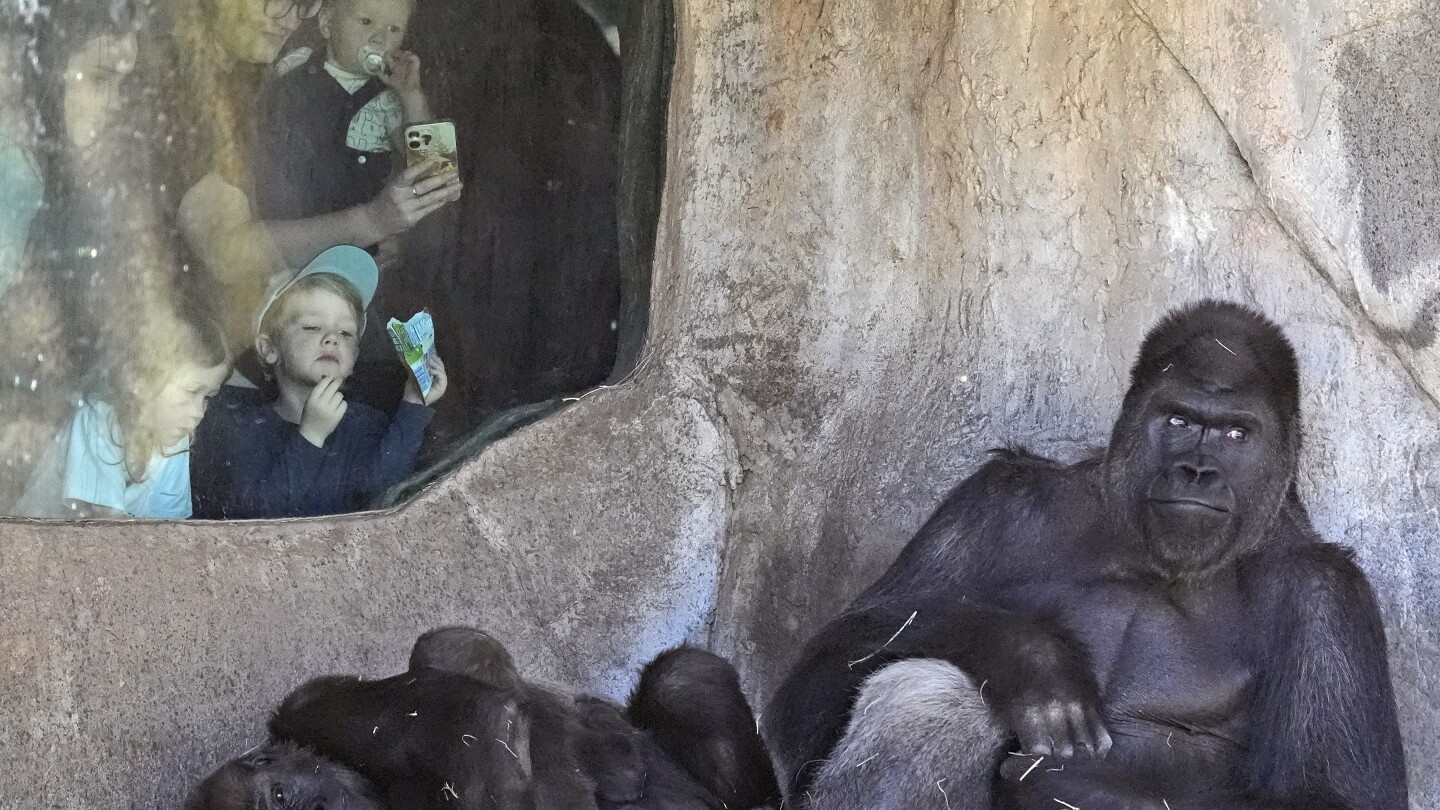- cross-posted to:
- science@mander.xyz
- cross-posted to:
- science@mander.xyz
When a total solar eclipse transforms day into night, will tortoises start acting romantic? Will giraffes gallop? Will apes sing odd notes?
Researchers will be standing by to observe how animals’ routines at the Fort Worth Zoo in Texas are disrupted when skies dim on April 8. They previously detected other strange animal behaviors in 2017 at a South Carolina zoo that was in the path of total darkness.
“To our astonishment, most of the animals did surprising things,” said Adam Hartstone-Rose, a North Carolina State University researcher who led the observations published in the journal Animals.



Annular isn’t really noticeable without looking directly at the sun. It’s gets much darker, but dark adaptation and no funky colors just seems relatively normal. As for every 18 months, yes somewhere on the earth is an eclipse, but they’re not always total, not always over land, not always over countries with high research budgets, and not always over English-speaking countries, which is relevant for visibility on English-speaking sites/subsites
Edit: the paper specifically talks about prior eclipses across the world. So they’re just expanding the knowledge. So if you ask why they’re doing this, why do we do anything?
Okay, those are all good points. I just saw the (imho) clickbait headline and thought (“I’ve been in several eclipses, how do they not have all this info already as they presumably share it?”